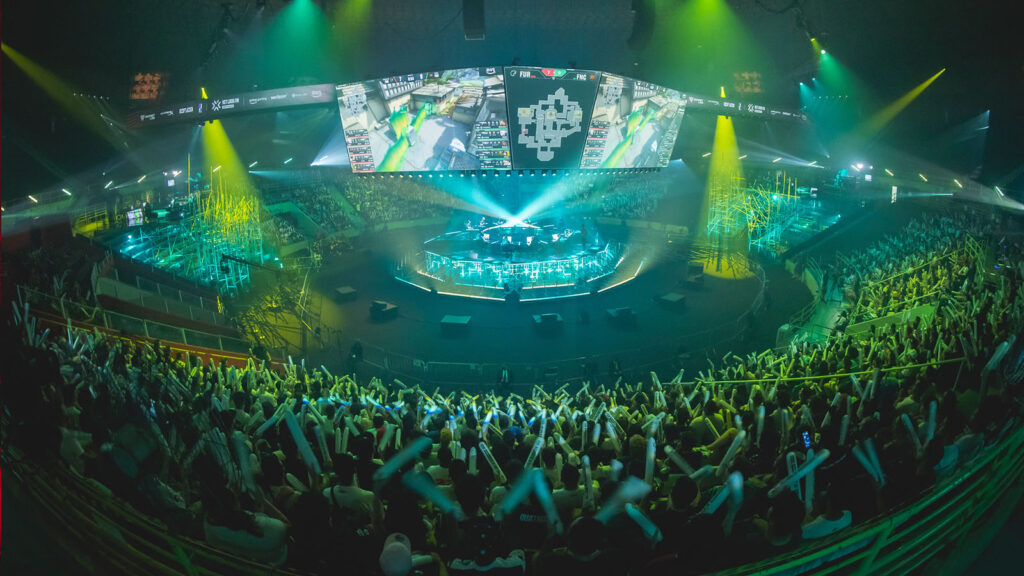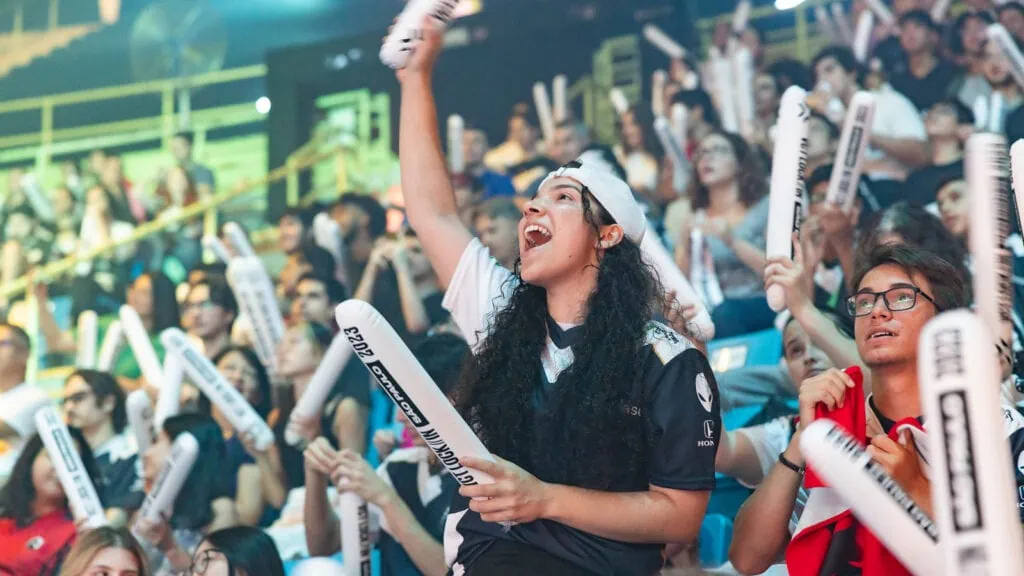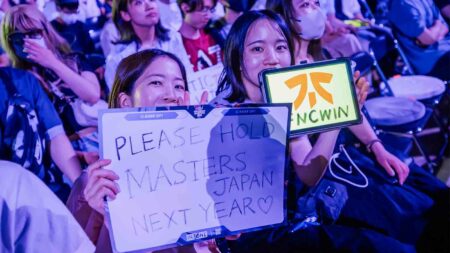When a major Valorant tournament is on the horizon, the anticipation becomes electric. Top teams, popular influencers, and many passionate fans are eager to see the best that Riot Games has to offer.
These events are more than just competitions. They represent a convergence of people united by their love for Valorant.
The significance of these gatherings is undeniable, which is why Riot Games meticulously selects ideal countries and locations to host these prestigious events.
In an exclusive interview with ONE Esports, Whalen Rozelle, COO, Global Esports at Riot Games, unveils the intricacies behind narrowing down the locations for the Valorant Champions Tour’s Masters and Champions tournaments.
How Riot Games selects their host countries for Valorant tournaments

First and foremost, when scouting locations for Valorant events, Riot Games prioritizes the presence of a strong and enthusiastic player base.
“We aim to select cities with a high concentration of players or those that offer easy access to a larger community of players,” explained Rozelle. “At the end of the day, these events are celebrations of the community, so we want to make sure there is an opportunity for fans to come and enjoy the event.”
Next, Riot Games looks into logistics. According to Rozelle, the company seeks a venue capable of accommodating a large number of fans and providing an ideal setting for a world-class esports event.
Top-notch internet connections are imperative to seamlessly broadcast the best matches to hundreds of thousands of fans worldwide. Additionally, the chosen country must offer lenient Visa conditions, streamlining the visa acquisition process for players and facilitating their participation in the tournament.
During Masters Tokyo, Valorant’s global appeal was on full display as top representatives from each major region secured notable positions in the tournament.
Pacific League’s Paper Rex achieved an impressive third place, while Americas League’s Evil Geniuses secured second. Notably, EMEA League’s Fnatic emerged triumphant, claiming the championship in this captivating event.

In light of Valorant’s widespread growth, Rozelle emphasized how Valorant is such a “global game” and how popular it is in many different places.
“Whenever we go to a region, we go to a city, we celebrate the local culture and then share back what it’s like to be a Valorant player in that city,” said Rozelle. “We’ve found that even though it’s a very global community, players love learning about other games.”
At Masters Tokyo, Riot Games showed a keen interest in Japanese culture. They connected with the local fans by creating a Valorant manga titled Rank Up, effectively bridging two fandoms together.
The surging popularity of Valorant also indicates that major Valorant tournaments could emerge in new locations.
To foster Valorant’s global growth, Riot Games aims to embrace and celebrate diverse cultures from around the world, creating captivating spectacles that attract a broader player base. Making sure that everyone feels included and valued is crucial for attracting new fans, as Riot Games strives to make players from all backgrounds feel welcome.
“Our hope for global events is that even if you’re not a big esports fan, there’s something for you as long as you love Valorant,” said Rozelle. “And at the end of the day, the goal is to serve as many players as possible.”
Follow ONE Esports on Instagram and TikTok for more Valorant exclusives.
READ MORE: Exclusive with Riot Games: How Valorant in Southeast Asia unites players of different cultures


